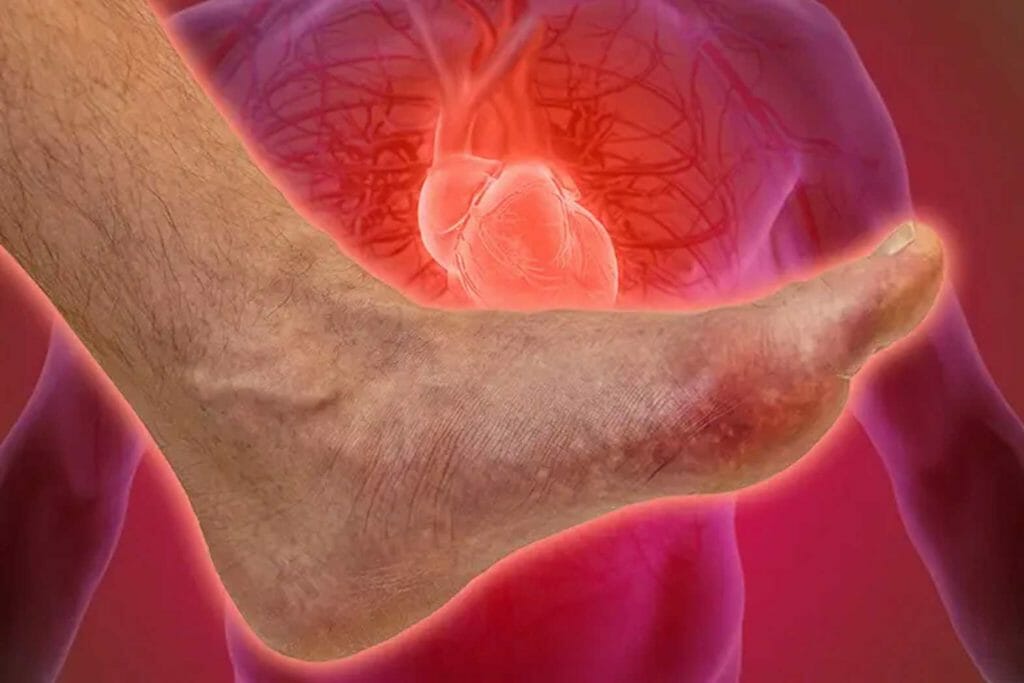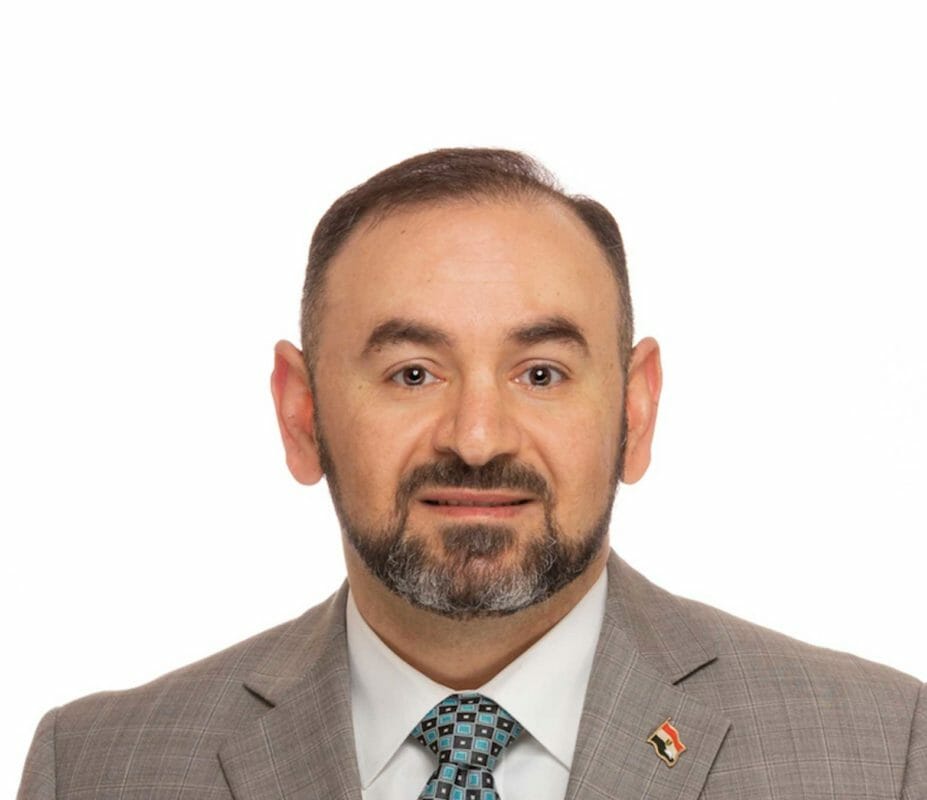Virginia study probes genetic link of gout to heart disease among Filipinos
 A researcher at a university in Virginia is studying the genetic link between gout and cardiovascular diseases among Filipinos.
A researcher at a university in Virginia is studying the genetic link between gout and cardiovascular diseases among Filipinos.
The results of his research may help treat people who share genetic backgrounds by using targeted medications and personalized lifestyle recommendations.
Youssef Roman, Pharm.D., Ph.D., noticed the prevalence of gout among Filipinos he treated while he was working at the University of Hawaii’s School of Medicine.
He is currently an assistant professor at Virginia Commonwealth University School of Pharmacy’s Department of Pharmacotherapy and Outcomes Science in Richmond, Virginia, where he is conducting his research.
Gout, an inflammation of the joints caused by high levels of uric acid can be excruciatingly painful. More than that, Roman was struck by a link between gout and cardiovascular disease, the leading cause of death worldwide.
Along with high rates of gout, people of Filipino descent often suffer from cardiovascular diseases. They are twice as likely to die of heart-related problems as the overall U.S. population.

Youssef Roman noticed a high prevalence of gout while treating Filipinos in Hawaii. VCU
Roman discovered “that there’s a genetic variation, the ABCG2 gene, that is quite high in Filipinos,” he said. “We know this certain genetic variation predisposes people for developing gout because it is related to a dysfunctional kidney transporter.”
This transporter excretes different biochemicals, including uric acid from the body. When it falters, uric acid builds up.
“The high uric acid level increases inflammation, and that inflammatory state can put you at higher risk for developing cardiovascular risk factors, such as hypertension, atherosclerosis and kidney damage,” Roman said.
“Those factors can lead to major cardiovascular events like heart attack, stroke, heart failure.”
To explore the link between Filipinos and heart health, Roman launched a study at VCU Health in 2021. Community engagement will be the key to its success, Roman said.
The year-and-a-half-long study, funded by VCU’s C. Kenneth and Dianne Wright Center for Clinical and Translational Research, is built on Filipino participation.
Roman has been getting help from Drew Armada, a native of the Philippines who is president of the 150-member Filipino American Association of Central Virginia.
Armada introduced Roman to the Filipino community in Richmond and the Tidewater area.
Myra Hudencial, who was born in the Philippines and is a member of the association, agreed to participate in Roman’s study. “So many Filipinos have heart problems, including my own family,” she said.
Armada signed on as a study participant in 2021. “It’s for the next generation,” he said. “Not only for people here but for Filipinos around the world.”
To meet the study’s goals, Roman aims to enroll 300 participants. So far, about 100 have signed on.
By looking closely at Filipinos, Roman hopes to determine the root causes — genetics, lifestyle, or the interaction between the two — of their heart disease and optimize management of the disease through early detection and personalized treatment.
While there have been studies looking at how social and psychosocial factors can lead to a higher risk for cardiovascular disease, Roman said he may be the first to study genetics of Filipinos in a community setting.
Colleagues in his field are already taking notice and inviting him to present at events nationwide including the National Institute of Diabetes and Digestive and Kidney Diseases, part of the National Institutes of Health; the Gout, Hyperuricemia and Crystal-Associated Disease Network; and the Network of Minority Health Research Investigators.

